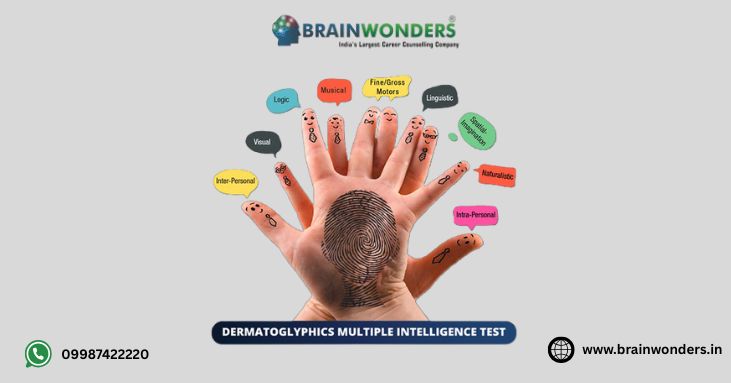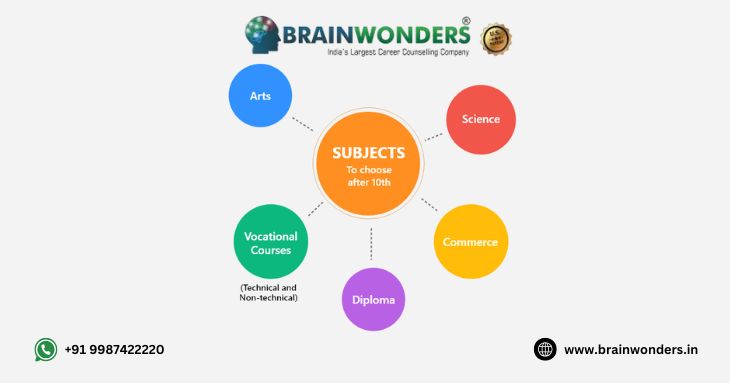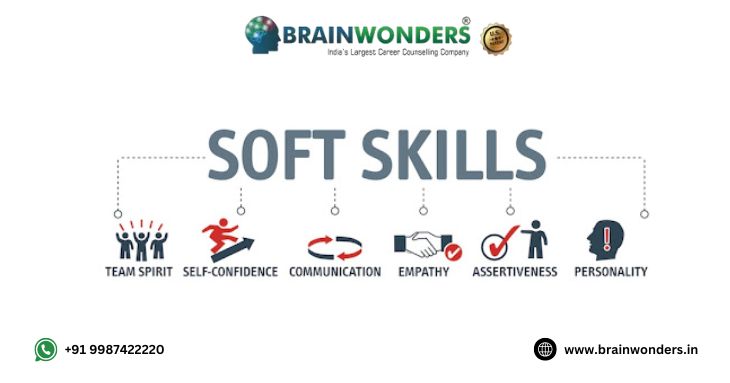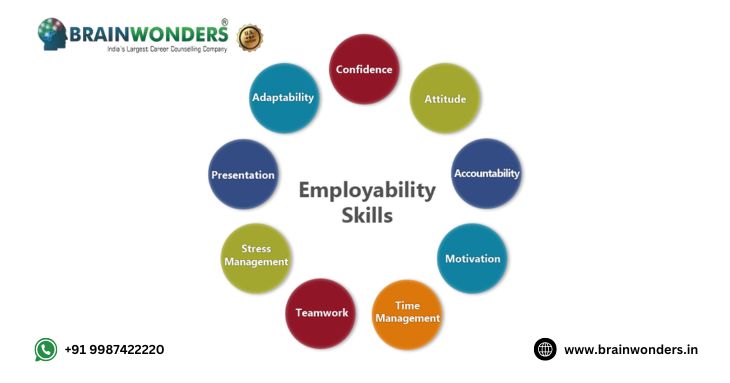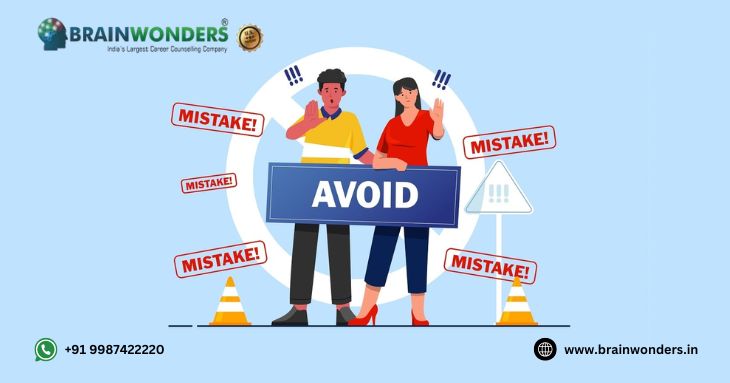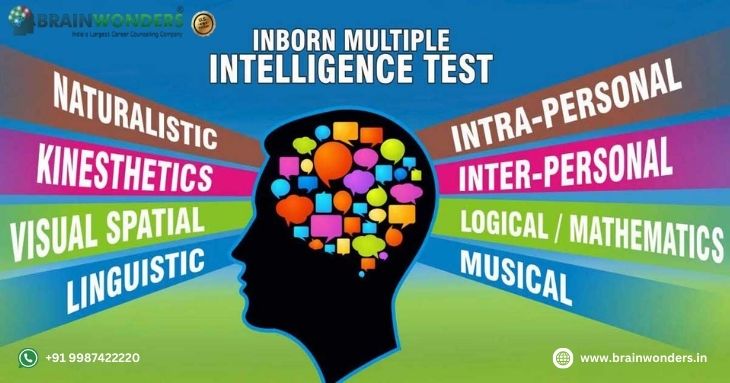

Trending Topics
Most Popular
Brainwonders - 07 January,2024
Brainwonders - 17 January,2024
Brainwonders - 05 February,2024
Latest Articles
30 April,2025 | By Brainwonders
03 April,2025 | By Brainwonders
03 April,2025 | By Brainwonders
03 April,2025 | By Brainwonders
03 April,2025 | By Brainwonders
03 April,2025 | By Brainwonders
29 March,2025 | By Brainwonders
28 March,2025 | By Brainwonders
27 March,2025 | By Brainwonders
26 March,2025 | By Brainwonders
All (722)
Which Course After 10th(77)
What Are Courses After 12th(191)
Career Counselling and Career Guidance(70)
Top Courses In India(67)
Careers(61)
DMIT Test(15)
Online IQ Test(11)
Psychometric Test Online(10)
Personality Test(3)
Toughest Exam In India(89)
Highest Paying Jobs In India(9)
Top University In India(5)
Top Colleges In India(14)
Role of Parents in Career Selection(10)
Aptitude Test(15)
Study Abroad(7)
Must Read(39)
DMIT Franchise(10)
Events And Exhibitions(19)

_Courses,_Admissions,_Eligibility,_Syllabus,_Career.webp)

